Trudeau Faces Mounting Challenges in 2025 at Home and Abroad
Trudeau Faces Mounting Challenges in 2025 at Home and Abroad
As Canada enters 2025, Prime Minister Justin Trudeau is grappling with a series of significant challenges both at home and abroad. From domestic political turbulence to international pressures, Trudeau’s leadership is facing a defining moment. With growing frustration among Canadians and changing global dynamics, the path forward for the Prime Minister is unclear, and the challenges are only intensifying.
Domestic Pressures: Political and Economic Struggles
Internally, Trudeau’s government is confronting several key challenges. One of the most pressing concerns is Canada’s economic performance. As inflationary pressures continue to affect the cost of living, Canadians are feeling the squeeze. The rising prices of everyday goods, along with high housing costs, have led to growing discontent across the country. Public opinion on the Liberal Party’s handling of the economy has been lukewarm at best, with critics accusing Trudeau’s government of failing to adequately address these economic concerns.
Furthermore, Canada’s housing crisis remains a significant issue. Housing affordability has become a central topic in Canadian politics, with young people and families struggling to enter the real estate market. Despite various policy measures introduced over the years, including initiatives to boost housing supply, critics argue that Trudeau’s government has not done enough to provide solutions for the millions of Canadians facing housing insecurity. The issue is expected to dominate national discussions as the 2025 federal election draws closer.
In addition to economic concerns, Trudeau is also dealing with a more divided political landscape. The Liberal Party’s hold on power has become increasingly fragile, with a growing challenge from opposition parties, particularly the Conservative Party under Pierre Poilievre. Poilievre’s criticisms of Trudeau’s economic policies and leadership style have resonated with a significant portion of the Canadian electorate. As Trudeau’s approval ratings dip, the Liberals are facing a tough battle to retain public trust.
The rise of populist sentiments, fueled by frustration over economic stagnation and political gridlock, is adding pressure to Trudeau’s leadership. His position is further weakened by scandals and ethical questions that have periodically surfaced during his tenure. These challenges are now leading to calls for change and new leadership, putting Trudeau’s political future in jeopardy.
The Global Stage: Navigating Geopolitical Tensions
Beyond Canada’s borders, Trudeau is also facing escalating challenges on the international stage. The global geopolitical landscape is shifting rapidly, and Trudeau’s diplomatic efforts are being tested like never before.
One of the most significant challenges comes from Canada’s relationship with China. Over the past few years, tensions between the two countries have escalated, particularly after the arrest of Huawei executive Meng Wanzhou in 2018. While relations had improved slightly in recent years, the geopolitical rivalry between the United States and China has now created a more complex situation for Canada, which is caught between its traditional alliance with the U.S. and its growing economic ties with China.
In 2025, Trudeau will need to navigate this delicate balance, as the U.S.-China rivalry shows no signs of abating. Canada’s involvement in key international agreements, such as the North American Free Trade Agreement (NAFTA) and its participation in U.S.-led global initiatives, means that it cannot afford to be caught in the crossfire of this rivalry. As tensions between China and the West continue to intensify, Trudeau must find a way to maintain strong diplomatic relations with both sides while ensuring Canada’s interests are protected.
Similarly, Canada’s involvement in Ukraine’s conflict with Russia has brought its own set of challenges. Trudeau has been a strong supporter of Ukraine, committing military aid and economic support to help counter Russian aggression. However, as the war drags on and the human and financial costs rise, the Canadian public’s appetite for further involvement could begin to wane. Trudeau must balance his country’s commitments to international peace and security with the evolving sentiment among Canadians, who may be less enthusiastic about prolonged military support.
Climate Change: A Double-Edged Sword
Another area where Trudeau faces significant challenges is climate change. As a country that is both heavily dependent on natural resources and increasingly vulnerable to the effects of climate change, Canada’s climate policy has been a point of contention during Trudeau’s time in office. While the Trudeau government has made progress on environmental issues, including introducing carbon pricing and aiming for net-zero emissions by 2050, critics argue that more needs to be done, and faster.
Canada’s commitment to reducing greenhouse gas emissions faces resistance from the oil and gas sector, which is a cornerstone of the national economy, especially in provinces like Alberta. The federal government’s attempts to balance environmental goals with economic interests have led to tensions between the government and regional leaders, particularly those in the oil-rich provinces.
At the same time, environmentalists have criticized Trudeau for not doing enough to transition away from fossil fuels, citing continued support for pipeline projects and oil extraction. With the global climate crisis becoming more urgent and climate change-related events intensifying across the world, Trudeau will need to navigate these competing demands while pushing for more ambitious climate action.
Trudeau’s Legacy at Stake
As Trudeau enters the new year, his legacy is under increasing scrutiny. His government has faced numerous challenges over the past few years, from the handling of the COVID-19 pandemic to controversies surrounding his personal conduct and ethical issues. The 2025 election will be a critical moment in determining whether Trudeau can remain in power or if it will be time for a change in leadership.
Trudeau’s reputation as a progressive leader who championed social issues and diversity is still a significant part of his brand. However, as the political climate grows more polarized, Canadians are questioning whether his leadership can rise to meet the challenges of a rapidly changing world. His ability to unite the country, address economic inequality, and navigate complex international relations will be key factors in determining his political future.
As Trudeau faces growing opposition both domestically and internationally, the year 2025 will be a pivotal period for the Prime Minister. The decisions he makes in the coming months will shape the future of Canada and his place in history. Whether he can successfully navigate these mounting challenges or whether a new era of leadership will emerge remains to be seen.
In Conclusion
Trudeau’s political future is uncertain as 2025 brings a host of challenges both within Canada and on the global stage. With economic pressures, international tensions, and environmental crises to contend with, the coming months will test his leadership like never before. How he responds to these challenges will ultimately define the trajectory of his government and his legacy. Whether Trudeau can maintain his grip on power or whether Canada will see a new direction remains one of the most important questions as the nation looks ahead to 2025.
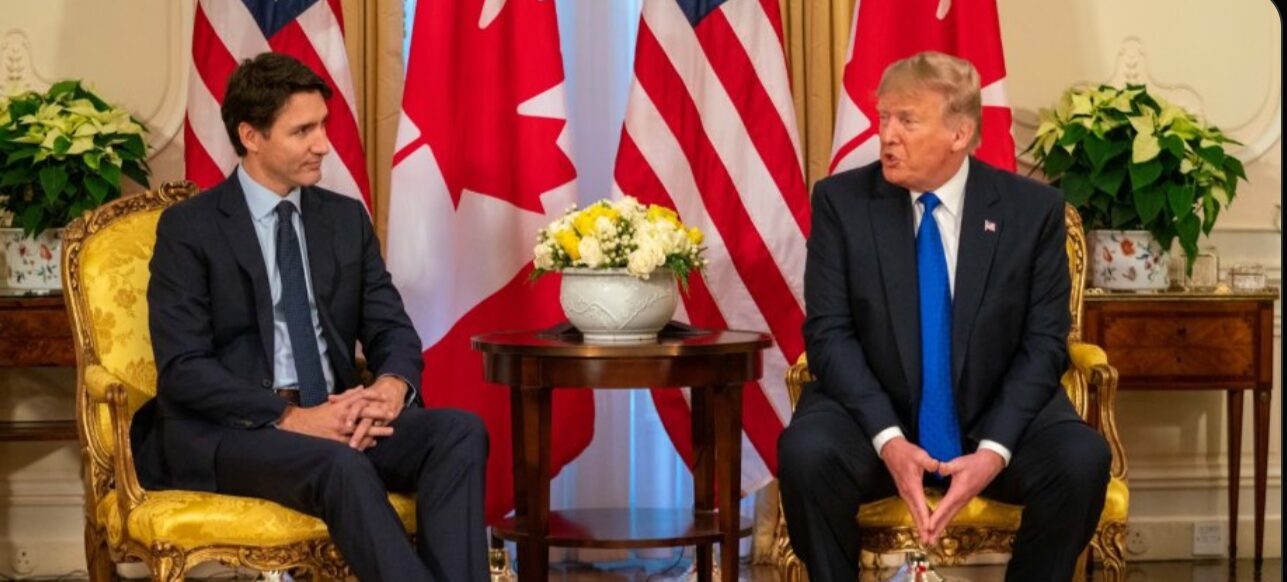

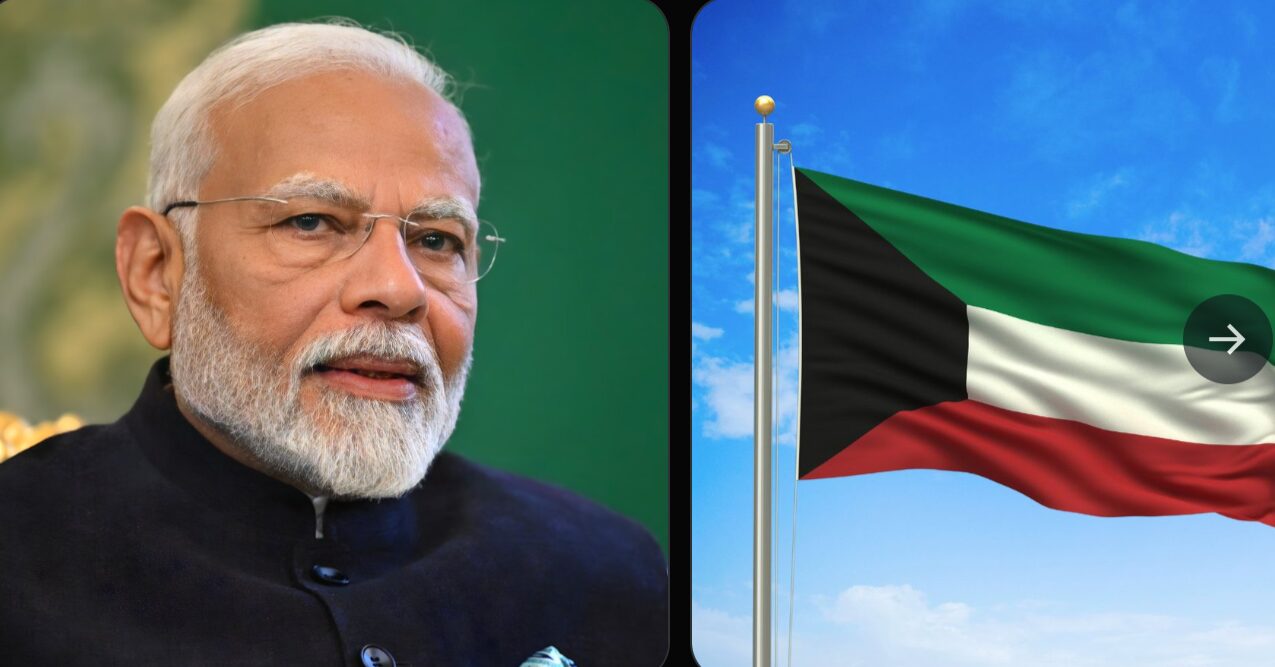
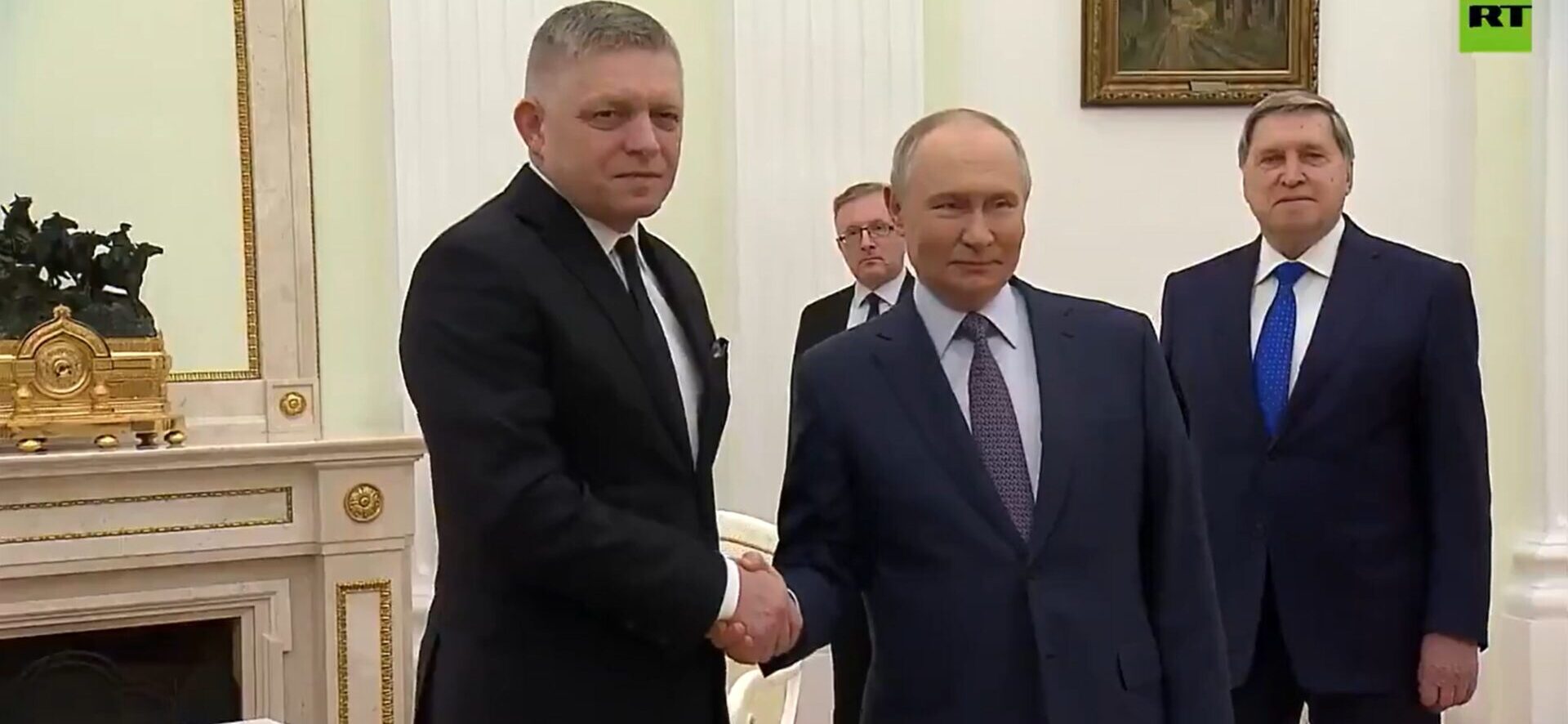
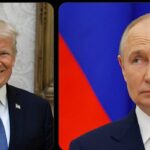
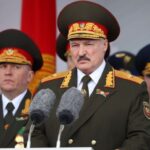
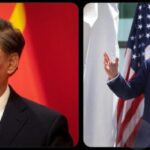
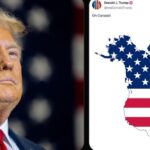
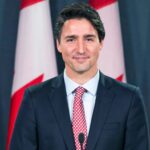








Post Comment